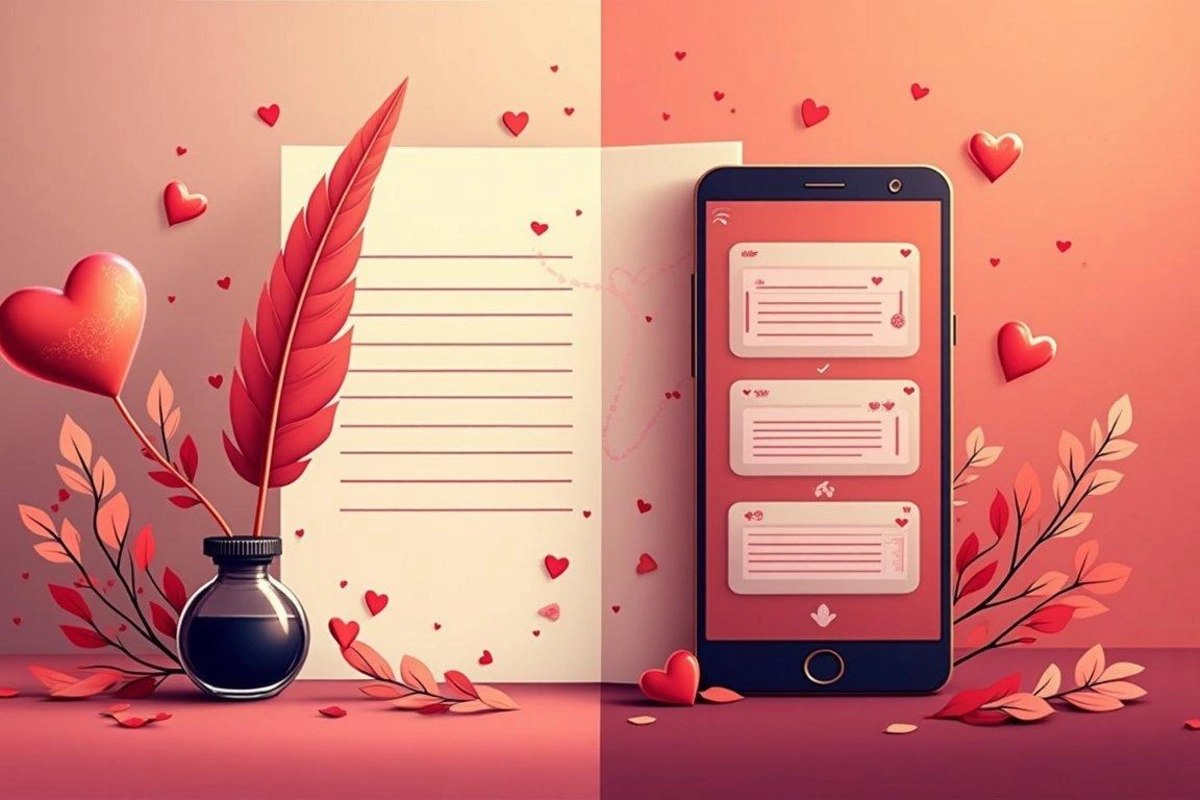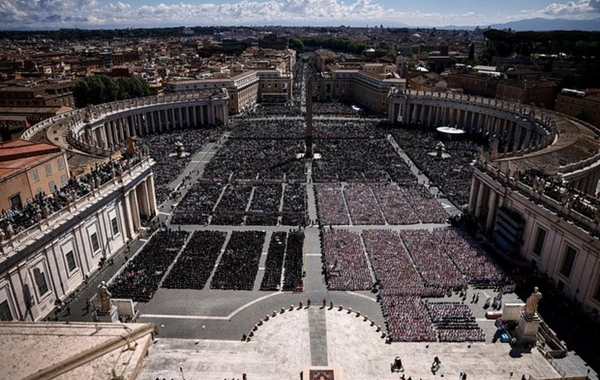How Love Has Changed Over the Last 10 Years: From Letters to Likes

Love has changed from letters to likes over 10 years, becoming more accessible but losing depth.
Love has always been a dynamic feeling, adapting to social and technological changes. Over the past 10 years, the digital revolution, the growing popularity of social networks, and changes in social norms have radically changed how people find, express, and maintain romantic relationships. If love letters were once a symbol of deep feelings, today likes, emojis, and messenger messages have become new tools of romance.
1. Digitalization of romance: from letters to messengers
Love letters, which once required time and emotional labor, have practically disappeared from everyday life. According to an article on chelny-izvest.ru, paper letters, as in the story of the Takhaviev spouses, where the groom wrote 100 letters to the bride before proposing, have become rare. Today, they have been replaced by instant messages in WhatsApp, Telegram, or Instagram. A 2013 Havas Worldwide study showed that 32% of young people (18-34 years old) consider virtual relationships as real as offline communication. This confirms that the internet has changed the very nature of romantic interaction.
-
Benefits of digitalization: Instant messages allow maintaining connection at a distance, making relationships more accessible. People can exchange photos, videos, and voice messages, which adds emotional depth.
-
Drawbacks: The speed of communication reduces depth. Likes and emojis often replace thoughtful words, which can lead to superficial expression of feelings.
2. Social networks and likes: the new language of love
Social networks such as Instagram, TikTok, and Facebook have introduced a new way of expressing affection - likes and comments. An article on trends.rbc.ru notes that the "like" button, which first appeared on Facebook, became a universal tool for demonstrating attention, but over time it has devalued, causing users stress and dependence on approval. For example, Leah Pearlman, one of the creators of the "like" button, admitted that changes in Facebook algorithms reduced engagement with her posts, causing a feeling of "oxygen" deprivation.
-
Impact on psychology: Likes are associated with FOMO syndrome (fear of missing out), decreased self-esteem, and anxiety. Users often evaluate their attractiveness by the number of likes, which is especially noticeable among young people.
-
Abandoning likes: In 2021, Instagram began testing hiding like counters to reduce pressure on users and shift focus to content quality.
Likes have become not only a way to express sympathy but also a tool of social capital, where public approval on social media is perceived as confirmation of the value of relationships.
3. Dating apps: a revolution in finding partners
The emergence of dating apps such as Tinder, Bumble, and OkCupid has radically changed the process of finding romantic partners. Since the late 1990s, the

Similar News
Scientists made a disturbing statement about the World Ocean for humanity
A group of environmentalists decided to conduct a large-scale study to determine the possible level of water rise in the World Ocean in the long term. For this...









